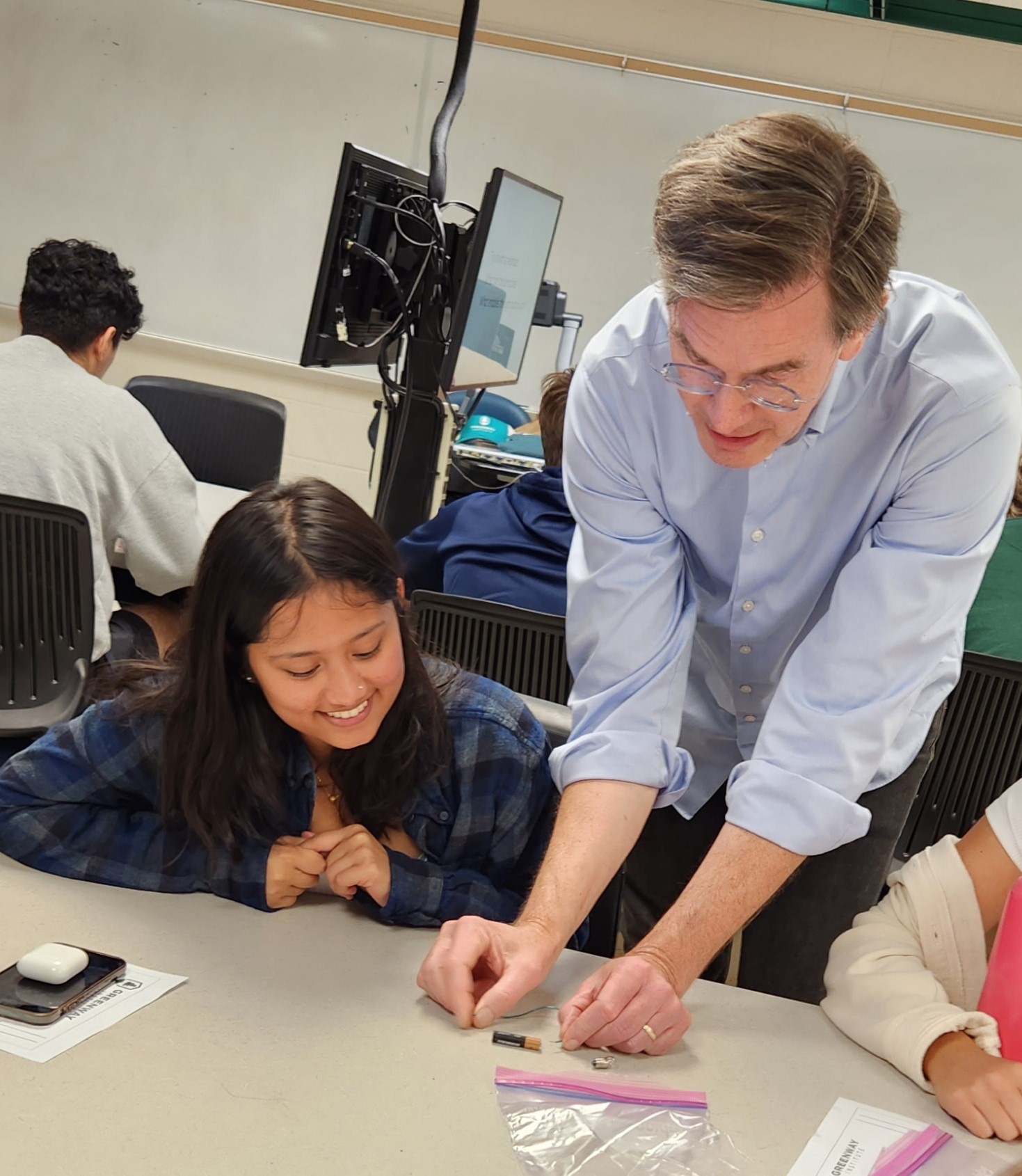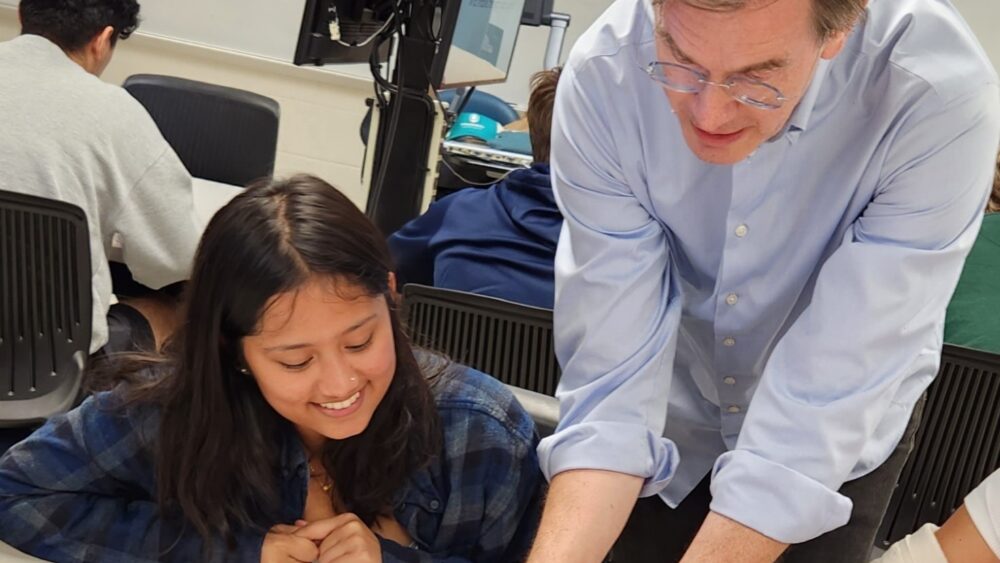
It’s hard to miss the signs that the economics of higher ed are broken. In Vermont alone, five different non-profit colleges have closed or merged since 2016, and others are under pressure. And this mirrors the trend across the US: on average, about 20 private non-profits have closed or merged per year over the last decade. While some of these closures or mergers are due to issues other than finances, the vast majority can fundamentally be attributed to a combination of insufficient revenue, excess expenses and debt. And if you review the lists, you’ll see that schools focused on residential undergraduate education are under particular pressure. That’s certainly been the case in Vermont.
At the same time, public confidence in higher education is at an all-time low. Fifteen years ago, nearly 100% of Americans expected their kids to attend college. Today, 46% of parents don’t want their children to go from high school to college.
It’s easy to understand these trends: political polarization and siloing – both on campuses and off – have made “college” a bad word in some circles; the aging of the US population and dropping numbers of 18-22 year-olds hasn’t helped. At the core of the problem, though, is a broken higher ed business model that has led to spiraling deficits on college campuses and ratcheting tuition for students – which have in turn increasingly made higher education not only unaffordable but also a seemingly a bad investment.
But the fact that it’s understandable doesn’t make it good. The US is pretty much the only place this stuff is happening: other countries are seeing increasing, not decreasing, enrollment in higher education. Across Asia colleges and universities are opening every day. It’s not hard to imagine the economic implications.
Furthermore, if you look towards the future, it seems increasingly clear that the kind of transformationaleducation residential colleges aspire to — education that not only increases students knowledge, but also develops their creativity, critical thinking skills, initiative, and ability to collaborate and communicate effectively – is what our society is going to need in coming decades. Transactional education that focuses exclusively on specific skill acquisition, rather than human development, will become increasingly irrelevant. It wasn’t that many years ago that programming bootcamps were all the rage. Now you can simply ask an AI to write code for you.
If we hope to turn these trends around, we need to rethink the business model for undergraduate education. In particular, we need to find higher education business models that (1) preserve the transformational aspects of a residential experience, (2) enable students – regardless of their background – to afford the education, and (3) enable the institution to operate sustainably without relying on deferred maintenance and yearly infusions of philanthropic support. At Greenway, we’re thinking hard about this problem, and we think there are some real opportunities, particularly if we are willing to question traditional ideas about what college should look like. In coming pieces we’ll be sharing some of our thoughts on this – we hope you’ll join the conversation!
Sources:
https://www.highereddive.com/news/how-many-colleges-and-universities-have-closed-since-2016/539379/
https://www.bestcolleges.com/research/closed-colleges-list-statistics-major-closures/
https://www.nytimes.com/2023/09/05/magazine/college-worth-price.html?searchResultPosition=9
The Real World of College: What Higher Education Is and What It Can Be
by Wendy Fischman and Howard Gardner


Comments are closed.